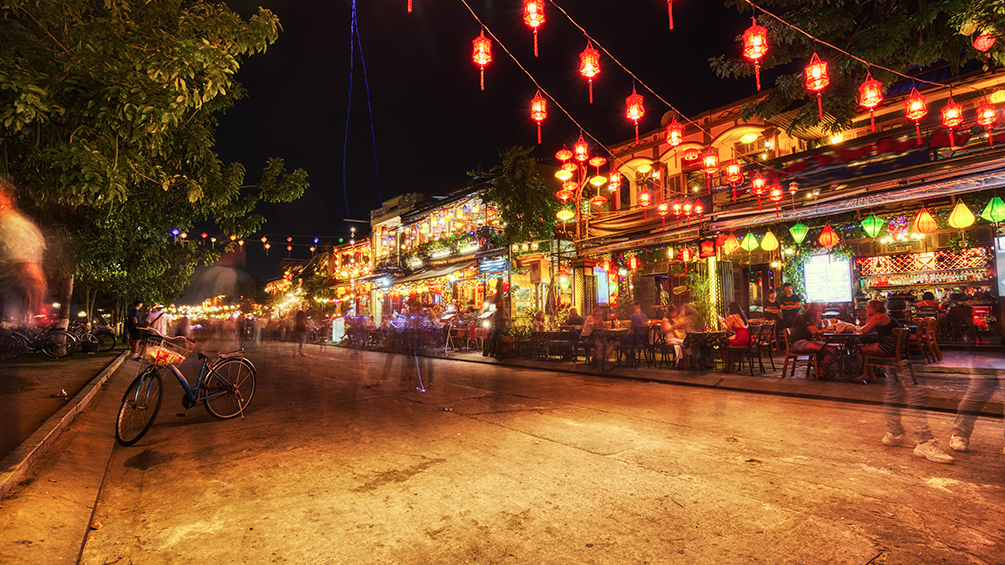Vietnam
Vietnam culture overview1,2
- Capital: Hanoi
- Population: approx. 103 million
- Official Language: Vietnamese
- Currency: Dong (VND)
- Vietnam is an S-shaped country.
- The Mekong River runs through Vietnam.
- Vietnam remains one of the world’s few communist countries.
- Most people own a motorbike.
- Snake wine is drunk in Vietnam.
Tips on moving to Vietnam
What Do You Need to Enter Vietnam?3
- Valid Passport
- Visa (90 day stay duration)
Customs and Declarations3,4
All passengers entering Vietnam are required to declare their belongings. Passengers carrying cash or other means of payment exceeding VND 15,000,000 (~ $5,000 USD) are required to declare to Customs.
Prohibited and Restricted items:
- Weapons, ammunition, explosives, and military equipment.
- Drugs and narcotics.
- Toxic chemicals and hazardous waste.
- Pornographic materials.
- Counterfeit goods.
- Items that violate intellectual property rights.
- Plant and animal species protected under the Convention on International Trade in Endangered Species of Wild Fauna and Flora (CITES).
Helpful numbers in case of emergencies in Vietnam5
There are several important emergency numbers to know in case you ever experience an emergency or need emergency help:
- Police (113)
- Fire (114)
- Ambulance (115)
Passing Away in Vietnam6
Registration of a death must be done at the district-level People’s Committee at the last place of the deceased’s place of residence. After registration, the People’s Committee will notify the Ministry of Foreign Affairs who in turn will notify the consulate of the deceased’s home country.
The following information is required when reporting a death:
- The deceased's full name, date and place of birth, address
- Required documentation- the deceased’s passport, residence card, death certificate
- The date and place of death
- The cause of death
Repatriating Mortal Remains
The repatriation of a body to the home country requires the help of the relevant local embassy or consulate. Consular officials can assist in organizing repatriation and obtaining appropriate documentation.
When repatriation of the body is requested, funeral homes or crematoriums in Vietnam will temporarily hold the remains while arrangements are made.
Repatriation covers transportation and essential documentation, which may include:
- A certified Copy of the Notification of Death
- An embalming certificate (if required by the destination country)
- A certificate confirming the coffin complies with International Air Transport Association (IATA) regulations.

